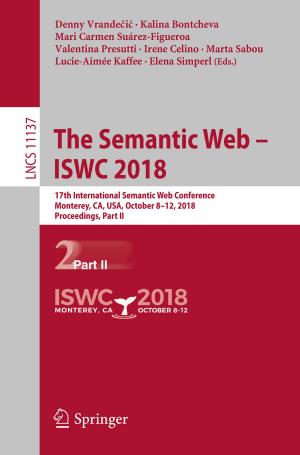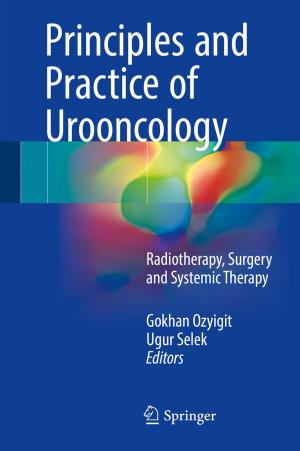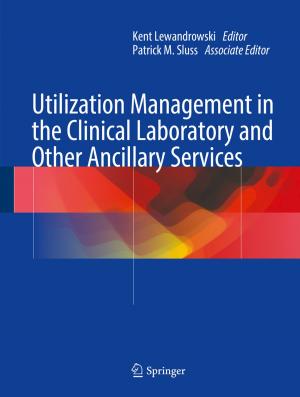Sertoli Cell Metabolism and Spermatogenesis
Nonfiction, Science & Nature, Science, Biological Sciences, Cytology, Health & Well Being, Medical| Author: | Pedro F. Oliveira, Marco G. Alves | ISBN: | 9783319197913 |
| Publisher: | Springer International Publishing | Publication: | November 29, 2015 |
| Imprint: | Springer | Language: | English |
| Author: | Pedro F. Oliveira, Marco G. Alves |
| ISBN: | 9783319197913 |
| Publisher: | Springer International Publishing |
| Publication: | November 29, 2015 |
| Imprint: | Springer |
| Language: | English |
This book is focused on Sertoli cell physiology and its role in the spermatogenic event. These cells, known as “nurse cells”, are essential for the normal development of germ cells by offering not only physical support and creating an immune-privileged environment, but also for providing nutritional support. The presence of Sertoli cells promotes the establishment of the appropriate microenvironment so that spermatogenesis may occur. Spermatogenesis maintenance in vivo is highly dependent on the metabolic cooperation established between Sertoli cells and developing germ cells. For many years this metabolic cooperation between testicular cells has been disregarded, but recent advances have highlighted the relevance of these processes for male fertility. Thus, the understanding of the functioning and regulation of these metabolic processes is a crucial step to identify key mechanisms associated with Sertoli cell (dys)function and to enlighten their influence on male fertility.
This book is focused on Sertoli cell physiology and its role in the spermatogenic event. These cells, known as “nurse cells”, are essential for the normal development of germ cells by offering not only physical support and creating an immune-privileged environment, but also for providing nutritional support. The presence of Sertoli cells promotes the establishment of the appropriate microenvironment so that spermatogenesis may occur. Spermatogenesis maintenance in vivo is highly dependent on the metabolic cooperation established between Sertoli cells and developing germ cells. For many years this metabolic cooperation between testicular cells has been disregarded, but recent advances have highlighted the relevance of these processes for male fertility. Thus, the understanding of the functioning and regulation of these metabolic processes is a crucial step to identify key mechanisms associated with Sertoli cell (dys)function and to enlighten their influence on male fertility.















